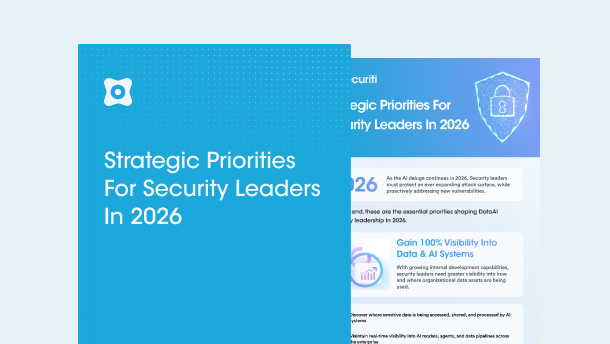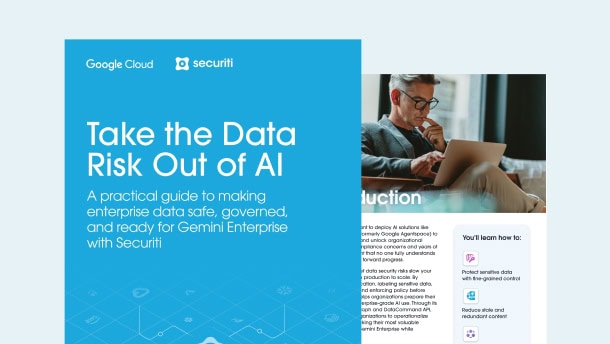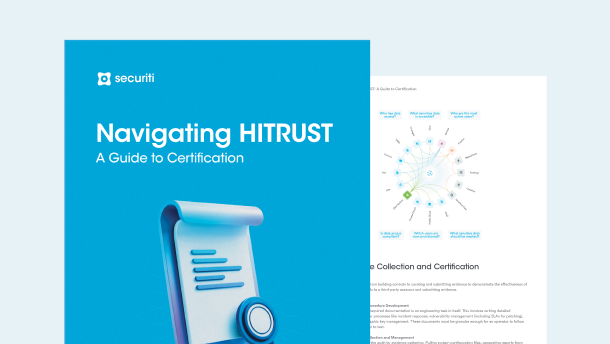AI is rapidly moving from test cases to real-world implementation like internal knowledge agents and customer service chatbots, and a PwC report predicts 2025 will bring exponential AI growth.
As organizations rush to embrace the AI revolution on a large scale, they encounter several issues across technological, operational, and regulatory levels. Despite enterprise AI leadership's efforts to strategize the shift to a new AI era, two critical questions remain:
- How do you quickly extract value from your unstructured and structured data through AI to gain a competitive advantage?
- And how do you scale AI adoption while ensuring security, privacy, and compliance?
Enterprise AI leaders responsible for driving AI strategies include Chief AI Officers (CAIOs), Chief Data and Analytics Officers (CDAOs), Chief Technology Officers (CTOs), and Chief Information Officers (CIOs). These leaders, especially CAIOs, are under tremendous pressure to deliver AI innovation fast. This blog explores the key challenges they face and how Gencore AI can help address them.
The Enterprise AI Challenge Landscape
A BCG report states that 74% of companies struggle to achieve and scale value in enterprise AI adoption. The successful AI implementation requires addressing a number of interconnected challenges across multiple organizational layers. Let’s begin with end users.
End User Expectations
End users increasingly expect personalized answers from enterprise knowledge agents with clear source citations. In addition, they want strong safeguarding of the data they share. From the strategic standpoint, this translates into the following three critical concerns.
- The enterprise AI systems must be fully permissions-aware, honoring existing entitlements at the user level.
- Intelligent data quality controls, multi-stage retrieval reranking, and policy-aligned response monitoring must be in place at various points to ensure response accuracy.
- An intuitive, seamless end-user experience must be delivered through trusted messaging apps, embeddable widgets, web portals, or APIs.
AI Implementation Team Requirements
The AI implementation team is expected to rapidly integrate enterprise AI systems into the existing ecosystem. They are also expected to handle quick scaling, provide continuous security monitoring, and ensure effective governance. To fulfil these requirements, the tool selection must prioritize the following three key capabilities.
- Rapidly deploy enterprise knowledge agents with modular, reusable AI building blocks.
- Effortlessly sync with proprietary data and controls from hundreds of data systems.
- No-code, low-code, and API-based flexible programmatic interface for easy setup.
Security Team Concerns
Security professionals must protect data, AI models, and infrastructure from breaches, adversarial attacks, and unauthorized access while ensuring compliance with evolving regulations. To ensure completely safe enterprise AI systems, the AI security team must focus on four key areas.
- User entitlement enforcement, sensitive data controls, and review of user access to data via prompts.
- Data security and privacy controls at the data ingestion and user consumption layers.
- Full provenance, lineage, and visibility of data flow for each file, data object, and applicable controls.
- Enforcement of OWASP Top 10 for LLMs and compliance for all enterprise AI systems.














































